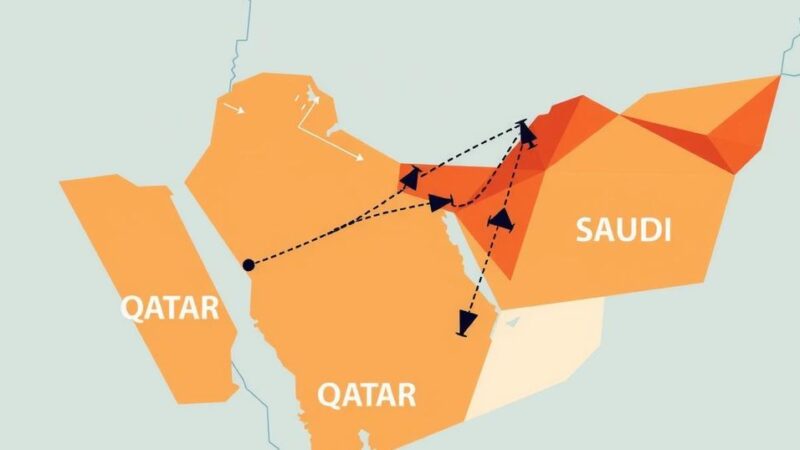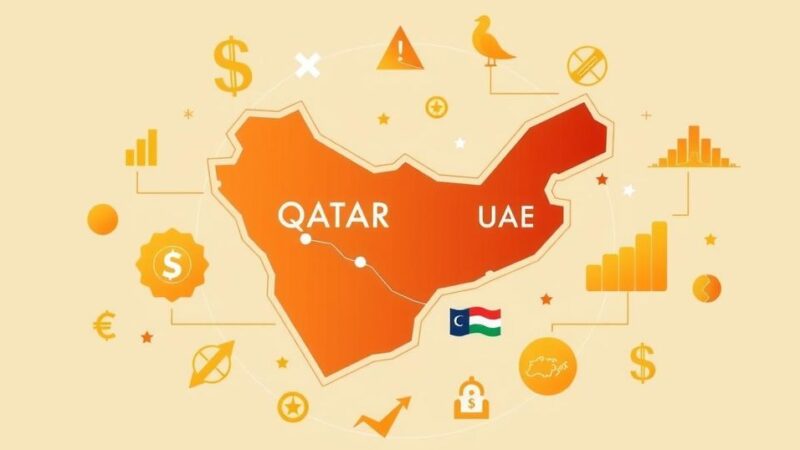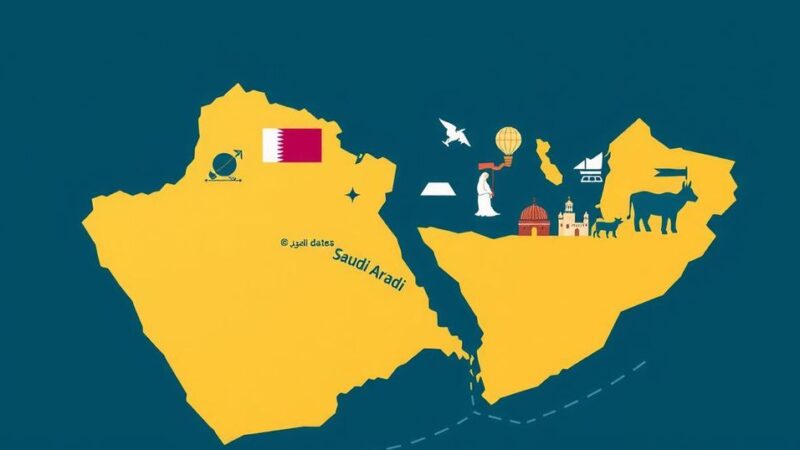The discussion surrounding Iran’s potential membership in the Financial Action Task Force (FATF) highlights a divide in public and political opinion. Supporters advocate for the economic integration and benefits of FATF membership, while critics voice concerns about national sovereignty and transparency. This article explores the implications of Iran’s potential membership, the FATF’s role in international finance, and current deliberations on related legislation.
The debate around Iran’s potential membership in the Financial Action Task Force (FATF) has sparked considerable division among the Iranian public and political landscape. Advocates argue that joining the FATF would provide significant economic advantages, improve international transactions, and attract foreign investments. They assert that this membership is essential for overcoming Iran’s economic challenges and reducing its isolation in the global financial system.
Conversely, critics label the FATF as a foreign pressure tool that threatens Iran’s sovereignty. Some equate it with historical treaties that have weakened national authority. They express concerns that compliance with FATF regulations could infringe upon constitutional safeguards designed to curb foreign intervention.
This article delves into the implications of Iran’s FATF membership, weighing both its benefits and drawbacks, while analyzing the organization’s role in the global financial framework. The FATF, established in 1989, initially focused on combating money laundering but shifted its mandate to include the financing of terrorism after the September 11 attacks, evolving into a key player in international financial governance.
The FATF operates as an intergovernmental organization with a mission to foster political will and legislative reforms against money laundering and terrorism financing. Its reports influence investment risk assessments and consequently impact political and economic landscapes by setting standards for financial compliance.
The organization comprises 39 members, including 37 countries and 2 regional entities, and collaborates with international organizations like the UN and OECD. It plays a pivotal role in managing global financial flows and compliance regulations.
Supporters of Iran’s FATF membership argue it is crucial for integrating into the global economy, emphasizing that membership would help combat terrorism while facilitating international financial transactions. This could lead to reduced sanctions, enhance foreign investment, and promote economic stability in Iran.
Opponents raise concerns about the lack of FATF transparency, suggesting that adherence to its rules would essentially impose new sanctions on Iran. They fear that financial data might be exploited against Iran, potentially jeopardizing national security and strategic alliances.
Some experts advocate for a balanced perspective, acknowledging both opportunities and challenges posed by FATF engagement. They argue that any decision regarding membership should be carefully analyzed to safeguard national interests while considering the unique circumstances Iran faces compared to other nations.
At present, Iran’s Expediency Discernment Council is reviewing legislation related to combating terrorism financing and organized crime, which are critical for removing Iran from the FATF blacklist. However, discussions in the Parliament have stalled, with a lack of consensus undermining progress on this significant matter.
The Financial Action Task Force (FATF) plays an influential role in global financial governance, focusing on combating money laundering and the financing of terrorism since its establishment in 1989. The organization’s regulations can significantly affect countries’ access to international financial markets, prompting debate over Iran’s potential membership. Given Iran’s unique geopolitical context, the implications of joining the FATF are particularly contentious, leading to polarized opinions within the country that reflect broader concerns about national sovereignty and effective economic integration.
Iran’s potential FATF membership presents a complex interplay of economic opportunities and political risks. Proponents emphasize the necessity for integration into the global financial system to enhance economic stability, while opponents warn against compromising national sovereignty. As ongoing discussions within Iran’s political bodies progress, the outcome will significantly shape the country’s economic future and diplomatic relations.
Original Source: www.tehrantimes.com






